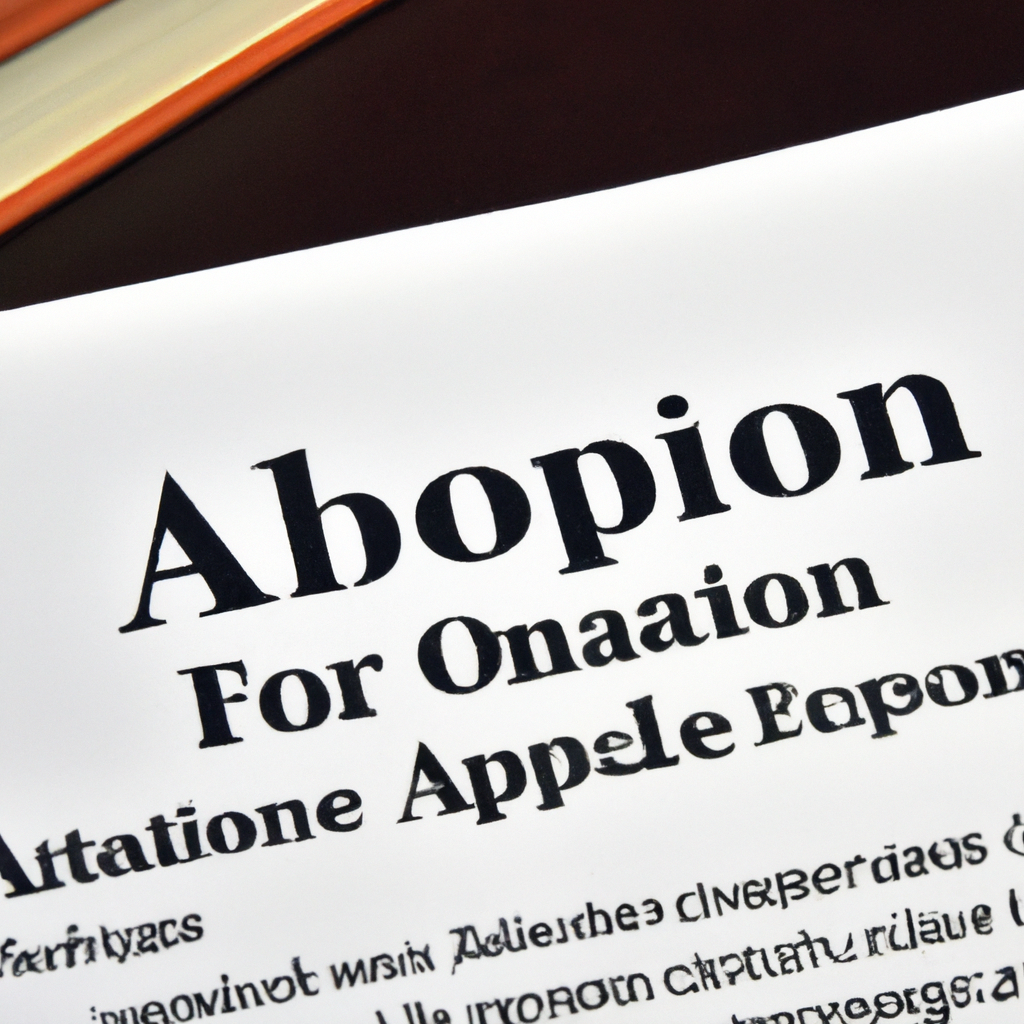The Role of Breed-Specific Legislation in Dog Adoption
The Role of Breed-Specific Legislation in Dog Adoption When it comes to dog adoption, breed-specific legislation (BSL) plays a

The Role of Breed-Specific Legislation in Dog Adoption
When it comes to dog adoption, breed-specific legislation (BSL) plays a significant role in shaping the decisions and experiences of potential adopters. BSL refers to laws and policies that restrict or regulate the ownership of certain dog breeds based on their perceived aggression or potential danger. These laws have been enacted worldwide with the intention of reducing dog bites and promoting public safety.
However, the effectiveness and ethical implications of BSL in dog adoption remain highly debated topics among animal welfare organizations, experts, and dog lovers alike. While proponents argue that these laws serve as a preventive measure to protect communities, opponents claim that they result in unfair discrimination and overlook the importance of responsible dog ownership and individual behavior.
1. BSL and Dog Stereotypes
Breed-specific legislation often targets breeds that are considered more aggressive, such as Pit Bulls, Rottweilers, and German Shepherds. Unfortunately, this breeds a negative stereotype around these dogs and can make it harder for them to find loving forever homes. Potential adopters may be influenced by the stigma associated with these breeds and may opt for other, less regulated breeds, leading to disproportionately higher abandonment and euthanasia rates for the targeted breeds.
2. BSL and Safe Communities
Supporters of BSL argue that it enhances public safety by preventing potential harm caused by dogs classified as dangerous based on their breed. However, opponents claim there is a lack of scientific evidence supporting the notion that particular breeds are inherently more dangerous than others. They argue that breed-specific legislation fails to address the root causes of dog aggression, such as improper training, neglect, or abuse, and instead targets dogs merely based on their appearance.
3. Inclusive Adoption Policies
An increasing number of animal shelters and rescue organizations are moving towards more inclusive adoption policies, focusing on each dog’s individual temperament and behavior rather than their breed. By conducting thorough behavioral evaluations and considering an adopter’s lifestyle and experience, shelters aim to find suitable homes for dogs based on their unique needs and characteristics, instead of labeling them solely based on their breed.
4. Education and Responsible Ownership
One essential aspect to address in the context of breed-specific legislation is the need for comprehensive education programs and responsible dog ownership initiatives. Rather than targeting specific breeds, these programs can help potential adopters understand the importance of proper training, socialization, and responsible dog management techniques. By focusing on responsible ownership practices, communities can reduce the risk of incidents involving all breeds, regardless of their categorization under BSL.
Ultimately, the role of breed-specific legislation in dog adoption pushes us to question the fairness and effectiveness of targeting specific breeds. While it is crucial to prioritize public safety, we should not overlook the individuality of dogs and their capacity for growth, rehabilitation, and love. Adopting a more inclusive and responsible approach towards dog adoption and ownership can help create safer communities and give these misunderstood breeds a chance at finding their forever homes.






